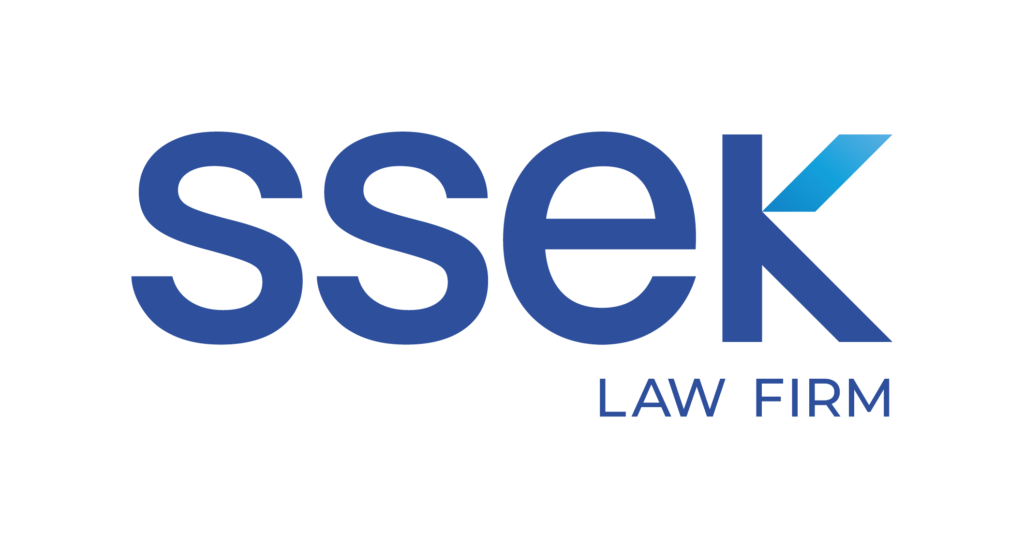Navigating BPOM Registration: A Guide To Cosmetics Distribution Permits In Indonesia.
In February 2025, Indonesia’s National Agency of Drug and Food Control (BPOM) took decisive action by recalling 91 illegal and hazardous cosmetics and skincare products that lacked proper Distribution Permits. These products were found to contain hazardous substances, including mercury, which with long-term exposure can pose serious health risks, such as an increased risk of cancer.
BPOM has intensified its surveillance of illegally distributed cosmetics and pledged to address this issue more rigorously. It said that most illegal cosmetics on the market were either imported or contract-manufactured products distributed and promoted through online platforms.
This article provides a brief overview of regulatory compliance for companies involved in the distribution of cosmetics in Indonesia, covering both locally manufactured and imported products.
Compliance Requirements Under Indonesian Law
Indonesian law mandates that every cosmetic product distributed in Indonesia must undergo a notification process and obtain a Distribution Permit from BPOM. The Distribution Permit contains a distribution permit number/notification number, which must be placed on the cosmetic product to indicate that it has been evaluated and meets BPOM’s safety and quality standards. Obtaining a Distribution Permit involves two distinct steps:
- Registering a business account; and
- Applying for a cosmetics Distribution Permit.
Registering a Business Account
Businesses can register to distribute cosmetics through BPOM’s official Cosmetics Notification Service Portal (notifkos.pom.go.id) by creating an account. During registration, applicants must upload information about the company, manufacturer, and cosmetics storage facilities. Additionally, businesses must select one of the three permitted types of cosmetics distribution entities in Indonesia:
- Cosmetic manufacturers, which operate and produce cosmetic products within the territory of Indonesia;
- Individual entrepreneurs or business entities in the cosmetics sector that engage in contract manufacturing with an Indonesian cosmetic manufacturer; or
- Importers operating in the cosmetics sector.
Once the online registration is submitted, BPOM officials will physically verify the data. The applicant must visit the BPOM Directorate of Traditional Medicines, Health Supplements, and Cosmetics Registration in person to submit the required documents. The specific documents required depend on the type of business applying. In general, applicants must provide:
- Business Identification Number (Nomor Induk Berusaha or NIB);
- Business License;
- Taxpayer Identification Number;
- Identification cards (KTP) of the directors and/or company executives;
- Statement letters from the directors and/or company executives declaring that they are not involved in any criminal offenses related to cosmetics;
- Statement letter on Trademark Rights, Trademark Certificate/Trademark Registration Form, and Trademark Power of Attorney (if necessary);
- Recommendation letter from the head of the local BPOM office, confirming the applicant’s eligibility to submit a cosmetic notification;
- KTPs and copies of the diplomas of the responsible technical personnel (Pharmaceutical Technical Personnel), if necessary;
- Compliance Statement on Good Manufacturing Practices for Cosmetics (Cara Pembuatan Kosmetik yang Baik or CPKB)
-
- For cosmetic manufacturers: a valid CPKB certificate;
- For individual entrepreneurs or business entities: a Production Contract Agreement with a cosmetic manufacturer that holds a valid CPKB certificate.
Importer applicants must also submit the following additional documents:
- Valid Agency Appointment Letter to clarify the partnership with the importer;
- Letter of Authorization or a notarized contract agreement between the notification applicant and the overseas cosmetics company;
- Certificate of Free Sale required for imported cosmetics originating from non-ASEAN countries;
- Good Manufacturing Practice Certificate, required for contract manufacturers and cosmetic companies located outside ASEAN.
After the documents are received, the data verification process takes seven working days for domestic cosmetic manufacturers and 14 working days for importers and businesses engaged in contract manufacturing.
Applying for a Cosmetics Distribution Permit
Once the business account is registered, the next step is to submit the product notification application to obtain a Distribution Permit. This process involves an online application through BPOM’s official Cosmetics Notification Service Portal, where the business must register their products by completing the provided template. Upon completion, applicants will receive a Payment Order Letter (SPB) electronically and must then proceed with the payment.
The cost of the SPB varies depending on the country of origin of the cosmetics. For products produced within an ASEAN member state, the company is required to pay IDR 500,000 per product. For products produced in a non-ASEAN country, the company is required to pay IDR 1,500,000 per product. Each product variant (e.g., different lipstick shades within the same product line) is considered a separate product and requires a separate payment.
Once the payment is completed, BPOM will proceed with product verification, which takes three working days for fragrance products (classified as low risk) and 14 working days for all other cosmetic products. In some cases, companies may be required to submit a sample for product verification.
Following the verification process, the company will receive one of the following results:
- Approved – A Distribution Permit is granted, and a notification number is issued.
- Rejected – Application for a Distribution Permit is rejected.
- Requires Additional Data – BPOM requests that the supporting documents be revised/completed within 14 days from the date of the clarification request.
Once approved, the notification number is valid for three years and must be renewed upon expiration.
Other Requirements
On November 15, 2024, BPOM enacted Regulation No. 18 of 2024 on Cosmetic Labelling, Promotion, and Advertising (BPOM Reg. 18/2024), which replaces three earlier BPOM regulations and introduces significant updates to Indonesia’s cosmetics sector.
In addition to the notification number requirement, the new regulation:
- Expands labelling requirements for cosmetic products;
- Expands the requirement for a 2D barcode on product packaging, which contains product information, from pharmaceuticals and food products to now include cosmetics;
- Establishes guidelines for refillable cosmetics to promote sustainable packaging; and
- Strengthens supervision and administrative sanctions for labelling, promotion, and advertising – areas not explicitly addressed in previous regulations – through two mechanisms: routine inspections and incidental inspections triggered by electronic reports.
Business actors should note that holders of cosmetic Distribution Permits issued prior to the enactment of this regulation must comply with the new provisions within 12 months of November 15, 2024. Failure to comply with the new labelling, promotion, and advertising requirements may result in administrative sanctions, including written warnings, temporary suspensions of product distribution, product recalls, destruction of products, temporary suspension of business activities, revocation of cosmetic notifications, and/or public disclosure of violations.
Conclusion
For cosmetic businesses seeking to distribute products in Indonesia, obtaining BPOM approval is a mandatory step to ensure regulatory compliance. Failure to comply with BPOM’s notification requirements may lead to administrative sanctions.
Further reading:
This publication is intended for informational purposes only and does not constitute legal advice. Any reliance on the material contained herein is at the user’s own risk. All SSEK publications are copyrighted and may not be reproduced without the express written consent of SSEK.







